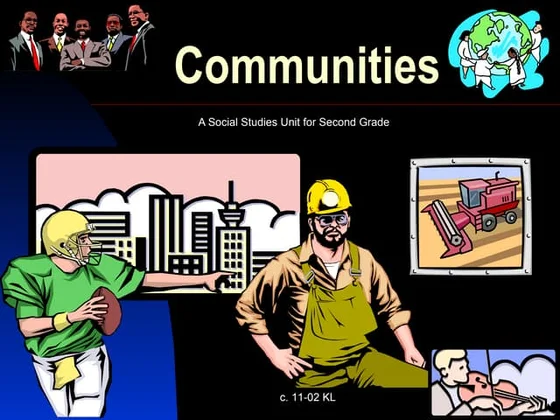In today’s socio-economic landscape, the ability to weather financial difficulties varies greatly among individuals of different income brackets. From the affluent to the impoverished, each faces unique challenges and employs distinct strategies to manage during tough times. This blog explores how individuals across various income levels cope with financial adversity and draws insightful conclusions on their resilience.

1. Rich Income Individuals
Individuals with substantial wealth often possess a financial cushion that mitigates immediate impact during difficult times. Their strategies typically involve:
- Diversified Investments: Wealthy individuals often have investments across various asset classes, which can provide stability during economic downturns.
- Access to Resources: They can afford financial advisors and planners who guide them through turbulent periods.
- Adaptability: Flexibility in spending and lifestyle adjustments allow them to maintain their standard of living while cutting back on non-essential expenses.
However, challenges such as market volatility can still affect their wealth, necessitating prudent financial management.

2. Poor Income Individuals
Conversely, individuals with limited financial means face acute challenges when financial crises hit:
- Basic Needs Prioritization: Survival often takes precedence over long-term financial planning, with focus on immediate needs such as food and shelter.
- Reliance on Support Systems: Community and government support programs become crucial lifelines during difficult times.
- Resilience through Innovation: Creativity in generating income through informal sectors or small-scale entrepreneurship is common.
Nevertheless, the lack of financial buffers can lead to https://webbworth.com/ deeper and more prolonged impacts from economic shocks.

3. Average Income Individuals
Those with moderate incomes often find themselves balancing between stability and vulnerability:
- Budgetary Constraints: Limited savings and access to credit can restrict their ability to withstand financial emergencies.
- Employment Dependency: Job security plays a pivotal role; disruptions can have immediate financial repercussions.
- Strategic Savings: Emphasis on building emergency funds and prudent financial planning helps mitigate risks.
Their resilience lies in proactive financial management and adaptation to changing economic conditions.
Conclusion
Regardless of income level, navigating financial challenges requires resilience and strategic planning. While the wealthy benefit from financial buffers and resources, the poor demonstrate remarkable ingenuity and reliance on community support. Average income individuals find stability through balanced financial practices and cautious planning.
Understanding these dynamics is crucial for policymakers, financial institutions, and communities to develop inclusive strategies that support all income groups during difficult times. By fostering financial literacy, promoting equitable access to resources, and enhancing social safety nets, societies can empower individuals across all income levels to better manage and overcome financial adversity.
In essence, resilience in the face of financial challenges transcends income brackets, reflecting the human spirit’s ability to adapt and thrive amidst uncertainty.




